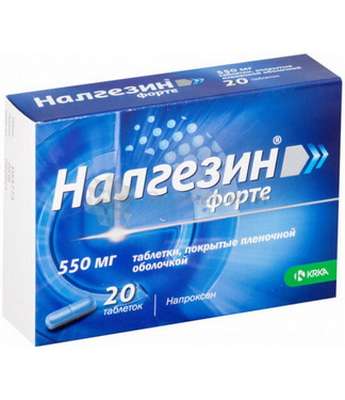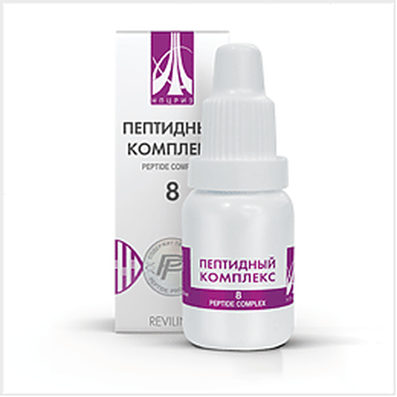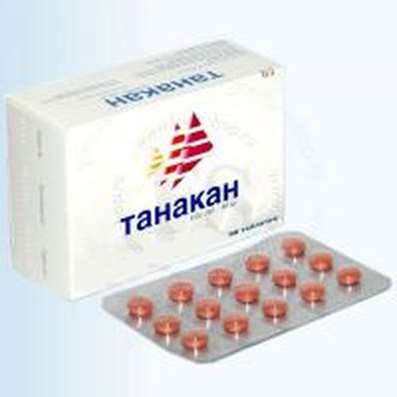Mildronate and chronic brain ischemia
10 Oct 2016
A key element of hypoxic brain injury is ischemic or glutamate cascade that many researchers consider the trigger excitotoxic damage, and the main cause of neuronal death.
Glutamate is an excitatory neurotransmitter and is found in most neurons of the brain. Under normal conditions, neurons and glia cells absorb excess glutamate from the extracellular space. In ischemic conditions, violation of energy-dependent processes reuptake of glutamate leads to its accumulation in the extracellular space. Develops a cascade of metabolic disorders, among which the leading role played by the processes of free radical oxidation of proteins, nucleic acids and lipids, responsible for direct damage to neurons and lead to the launching mechanism of apoptosis.
The importance of oxidative stress in the pathogenesis of vascular diseases of the brain determines the feasibility of using antioxidants as drugs. Mildronate has cyto-protective and immunoregulatory properties, so is widely used in treatment of ischemic stroke in the treatment of chronic cerebrovascular disease. Mildronate increases the effectiveness of treatment cephalgic syndrome vestibulopathy, improves physical and mental performance in patients with chronic brain ischemia, improves the condition of higher mental functions. The results of clinical studies of the effectiveness of the drug Mildronate with chronic cerebrovascular insufficiency.
The treatment regimen consisted of:
- 10% Mildronate solution intravenously with 5 ml (1 group) daily for 10 days, then orally for 20 days (during treatment – vaso-active inotropic agents, anti-hypertensives, vitamin therapy, magnetic therapy, aeronoterapiya, hydrotherapy, massage );
- Only vasoactive and nootropic drugs, antihypertensives, vitamin therapy, magnetic therapy, aeronoterapiyu, hydrotherapy, massage (Group 2 - control group).
The results showed a significant (p <0.01) the feasibility of introducing Mildronate in the therapeutic range for chronic cerebrovascular diseases.
The use Mildronate in the treatment of patients with circulatory encephalopathy in the background stenotic lesion cerebral arteries studied the effectiveness of Mildronate in treatment.
The treatment regimen consisted of:
- Mildronate 1000 mg / day, intravenously for 10 days, then 20 days orally.
As a result of this work was a statistically significant decrease in the severity of symptoms associated with damage to the cerebral hemispheres - pyramidal symptoms, aphasic disorders, as well as the subcortical symptoms, severity vestibulopathy. There was a statistically significant positive changes in the dynamics of indicators of operational, visual and motor memory. When receiving Mildronate decreases the severity of neurological symptoms, optimized performance of the brain electrical activity, there are positive developments in the state of cerebral hemodynamics.
In 2004, the work was carried out to assess the state of higher brain functions in patients with circulatory encephalopathy in the Mildronate treatment: open non-randomized comparative study on the effect of Mildronate on neuropsychological function and cerebral blood-treatment in patients with stage II DE atherosclerotic.
The treatment regimen consisted of:
- Mildronate 1000 mg / day (500 mg IV in the first half of the day + 500 mg orally in the second half of the day) for 10 days.
As a result of the work done by ultrasound duplex scanning and a significant increase in the average maximum blood flow velocity was obtained at the front (left and right) cerebral artery, as well as the maximum blood flow velocity in the middle cerebral artery, right; there was a significant decrease in headache, dizziness, cerebellar-vestibular disorders, sleep disorders. Using Mildronate contributed to the improvement of higher brain functions (memory, attention), decrease exhaustion and improve the mobility of the nervous processes.

 Cart
Cart




